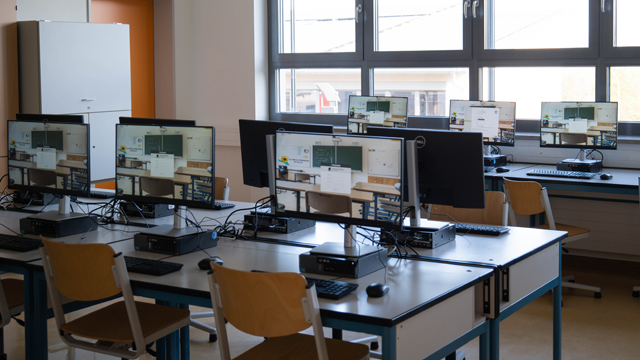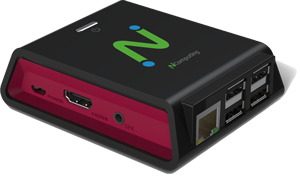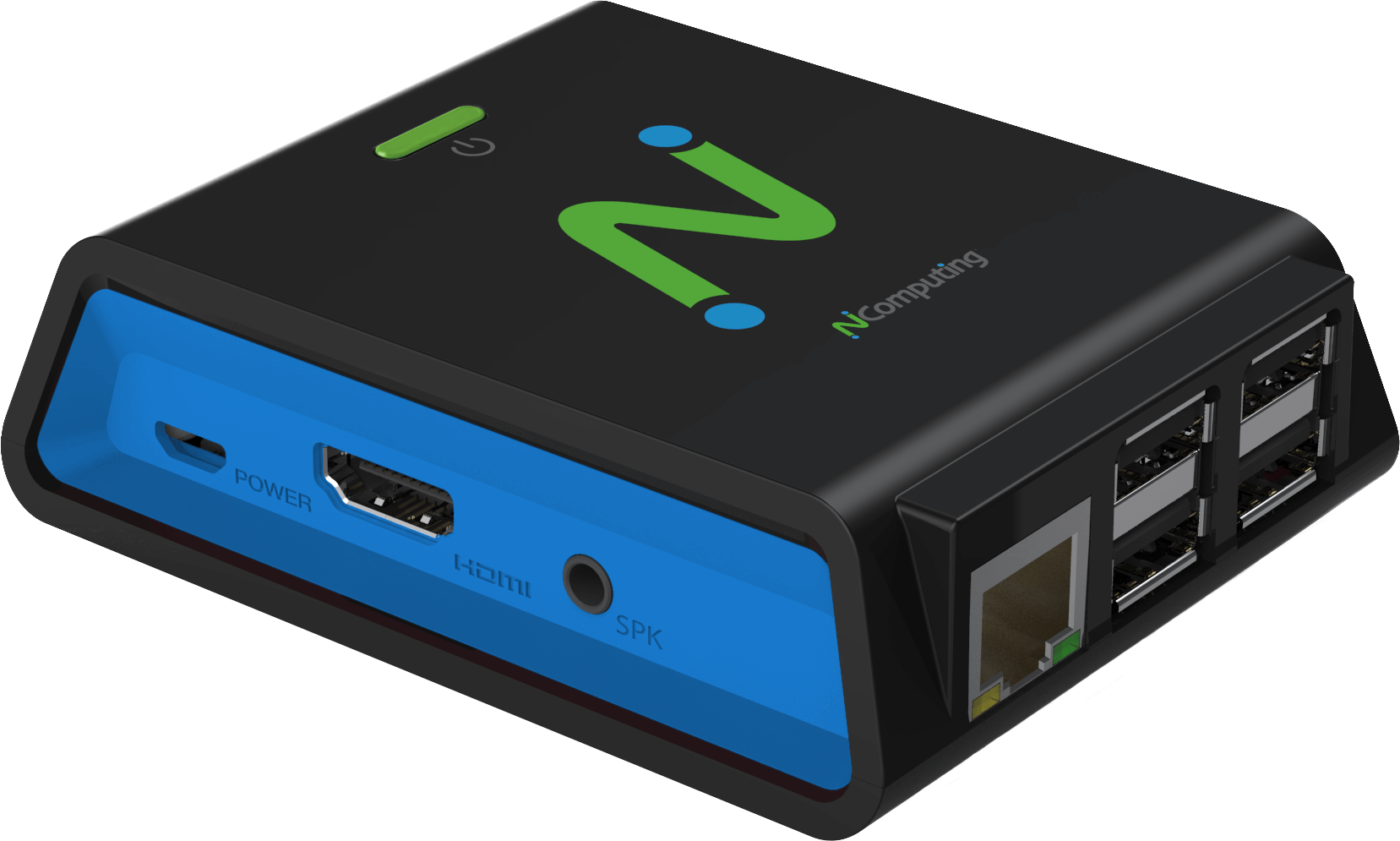
The schools in Weißenburg, Germany faced challenges with outdated operating systems, computers, and network infrastructure, leading to the need for a pilot solution. NComputing, in collaboration with the schools' IT administrators and teachers, introduced a sustainable solution that would integrate modern learning tools, reduce operating costs, and be easily deployable in other locations.
The pilot project focused on repurposing existing hardware by wiping out the outdated Windows 7 operating systems and installing LEAF OS, which transformed the computers into thin clients. These thin clients connect to virtualization servers and display a unique Windows desktop for each user. Students using the repurposed PCs can access the latest Windows operating system and software, unaware that they are running a virtual computer. The servers in the school basement handle the computing tasks, resulting in cool and quiet PCs.
The implementation of LEAF OS brought benefits to both students and teachers. Students experienced improved performance and access to up-to-date software, while teachers saved time on booting systems and gained more opportunities for teaching. The new thin clients allowed for easier scalability and facilitated collaboration among teachers. Additionally, the integration of modern digital visual aids, such as whiteboards and document cameras, enhanced the teaching environment and enabled seamless transitions between classrooms.
By consolidating computing power in the basement and implementing remote administration and maintenance, the schools improved overall security, protecting against vandalism, malware, and theft. The Linux-based operating system on the thin clients proved robust against malware that typically affects Windows-based computers. The transition to thin clients resulted in reduced electricity consumption, as power-sapping PCs and the need for excessive air conditioning in classrooms were eliminated.
The schools plan to convert more institutions in the future, aiming to save resources and enhance IT security in their educational environments. Read the case study



-menu.png)


